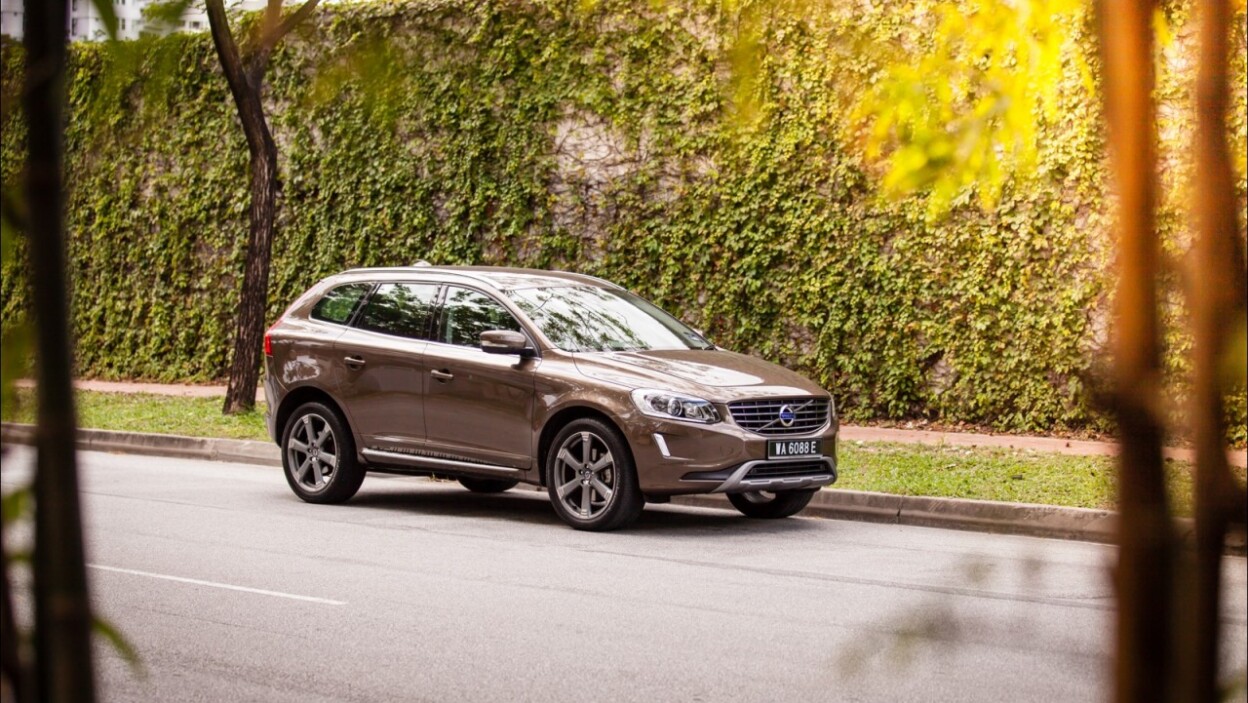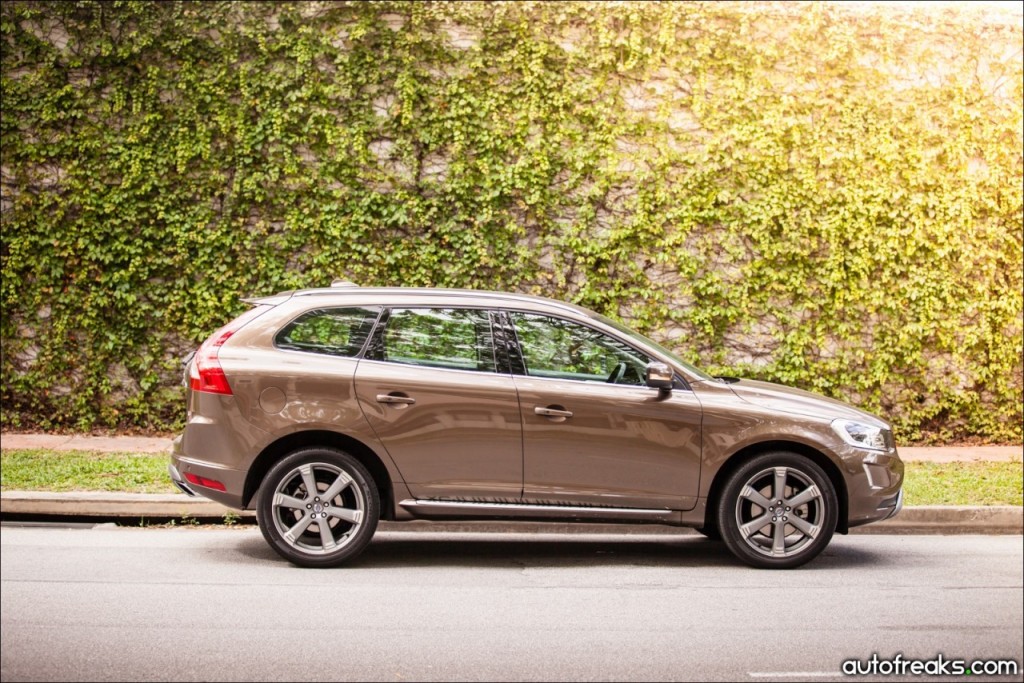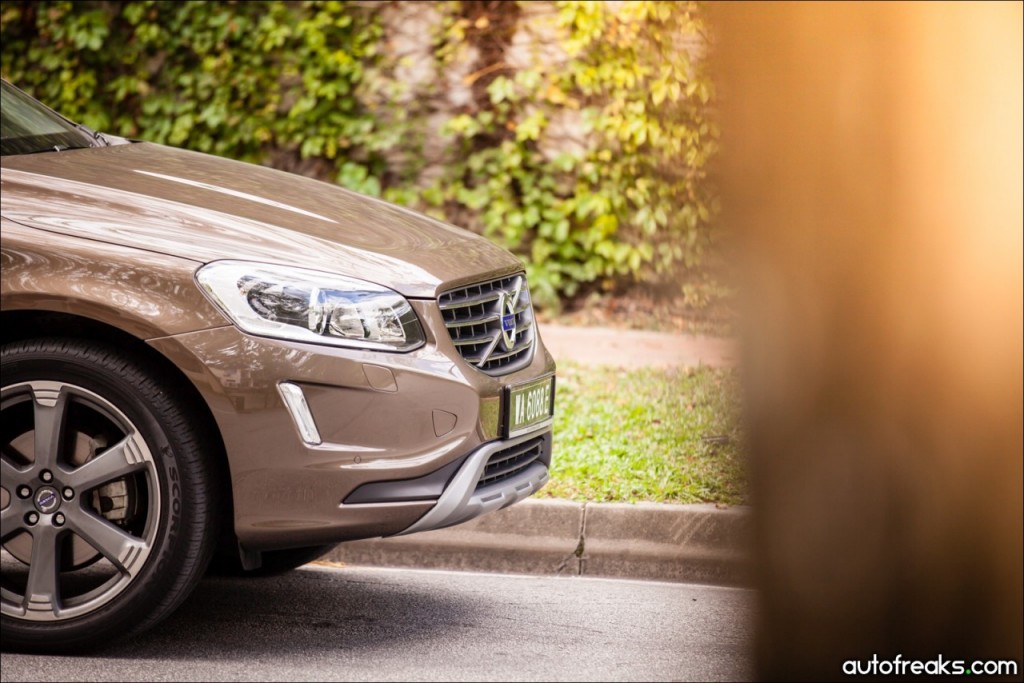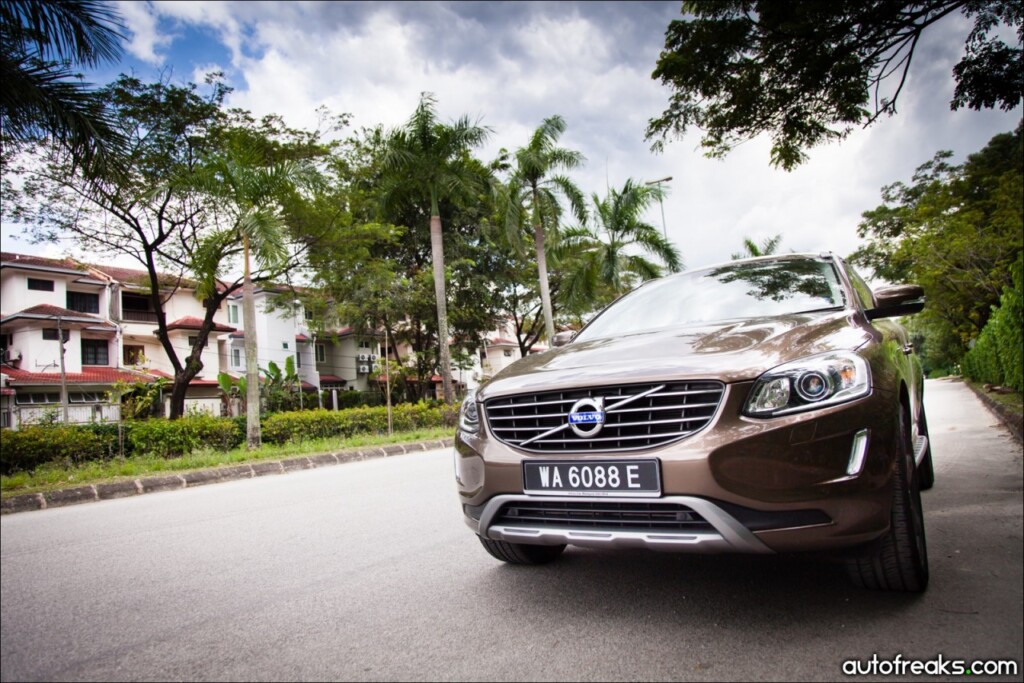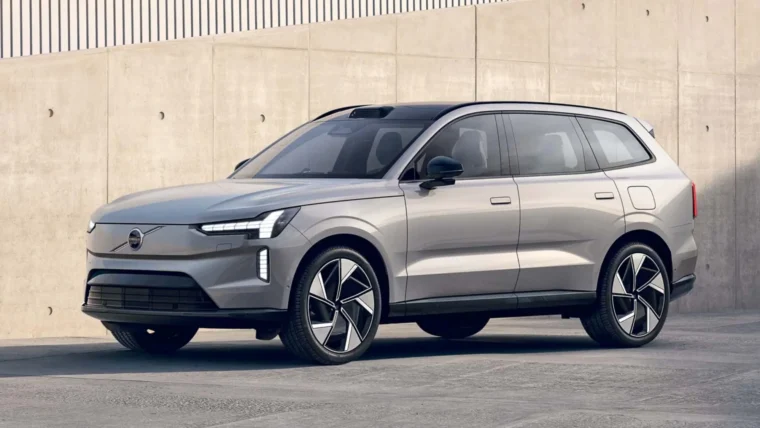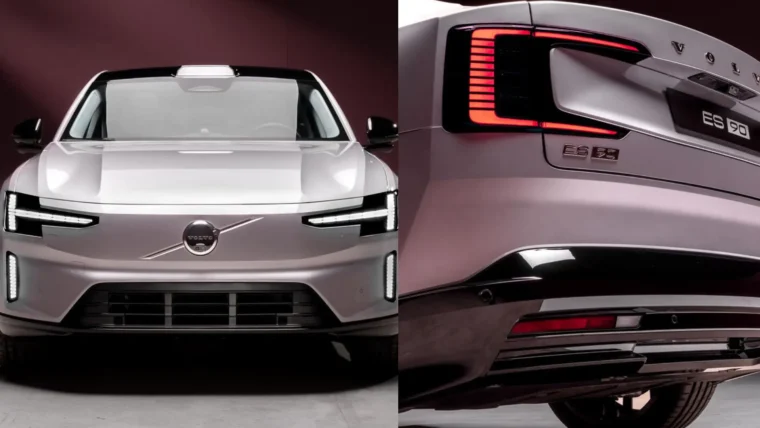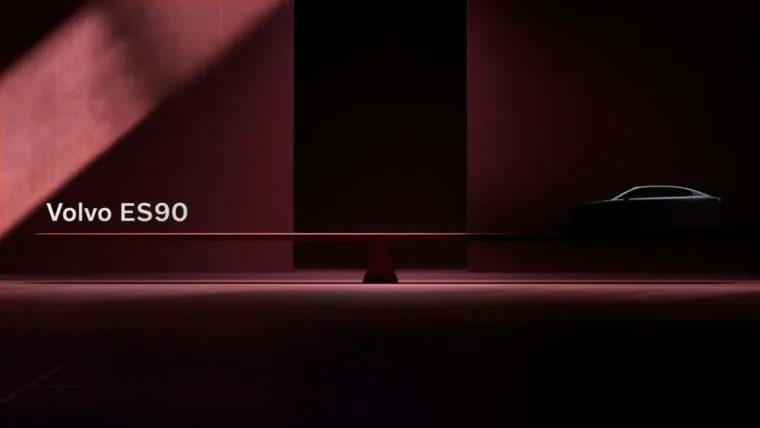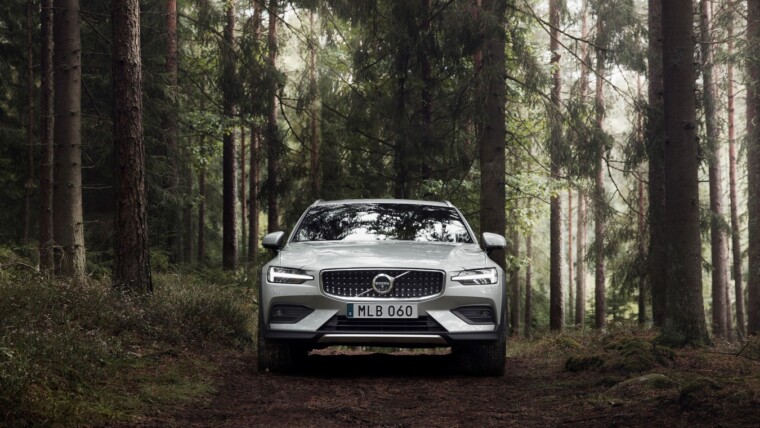Online shopping has become a multibillion-dollar revenue stream not to mention it has completely turned the norm of people purchasing in a store, malls or showrooms.
Based on my experience, most modern-day shopper are more keen to purchase online than shopping in a physical store because they could save time looking for a parking spot, driving through traffics and avoiding the crowds.
In our previous post, we also mentioned that modern day buyers will normally make a research and shop their options online before visiting a showroom. The product information they found on social channels and various websites will normally influence their shopping behavior and enhance their confidence towards the brand.
As the role of the sales representatives are slowly becoming redundant without us noticing, it may seem fitting that carmakers like Volvo are shifting to online-selling experience rather than going from one dealership to another.
But rather than a replacement of their dealership network, online sales will complement their dealerships. Volvo has worked closely with its dealer network in developing the tool in order to retain the personal touch that is so important in buying, delivering and servicing cars.
In the future, the new Volvo website is no longer simply a source of information, you can also ‘build up your car from scratch’ and fully-specify your Volvo based on your personal taste and budget. Once the choice has been made, the consumer receives a short video which shows the car of choice in motion. This will result in a simple, cool, fun and premium online shopping experience.
A first, successful step in digital commerce was taken with the online-only sale of 1,927 Special Editions Volvo XC90 cars in September that was sold out in 47 hours after it was released. This goes without saying that digital commerce activities, weather it involves food, cloths or automotive are rapidly growing.
Other posts by AF Newsdesk

